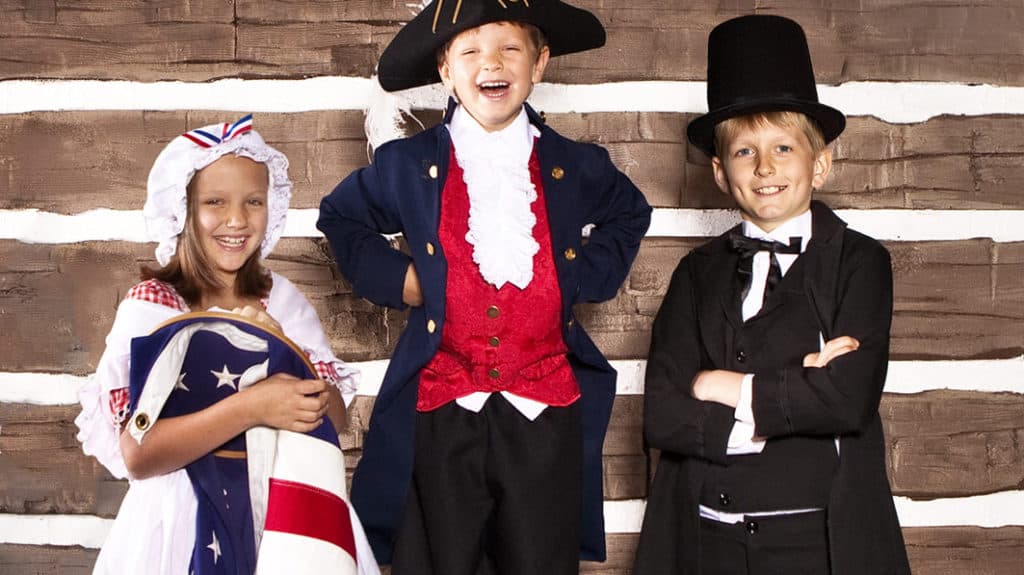
Family Legacy: Why Should We Care?
If we don’t intentionally pass on a family legacy consistent with our beliefs and values, our culture will pass along its own.

Help your children understand the importance of registering to vote.
I was a young reporter covering my first big election, a U.S. Senate race in New York featuring a colorful candidate named Daniel Patrick Moynihan. I’ll never forget what happened one morning in New York City.
I was following Moynihan through several campaign stops. To his first audience he shouted a question: “How many are registered to vote?” About half of the people raised their hands. At the next stop he asked again, with a bit less enthusiasm, and he got the same result. I happened to be behind him that time, and I could see his shoulders slump a little. At his third stop, he didn’t even bother to ask.
I have often thought back to that morning, wondering why anyone who wasn’t registered to vote would bother to hear a candidate speak in the heat of a campaign. I suppose that the right to vote has become so routine that we forget what a privilege it is. But we shouldn’t. We all recall those wonderful news photos from January 2005, when Iraqi citizens, newly freed from oppression and granted the right to vote for the first time in a general election, proudly held up purple-stained fingers to show they had indeed participated.
Their exuberance reminds us how valuable free elections are, particularly when the absence of elections leads to tyranny, as it did so tragically in Iraq. By the way, the turnout in Iraq that year, despite murderous threats from al-Qaida, was 70 percent of eligible voters. Two months prior in the U.S., our own general election turnout was 58 percent. Not in the last 100 years has our own voter participation matched that of Iraq’s newly enfranchised citizens in 2005.
Our freedoms depend on active citizens who understand some basic moral principles — right from wrong, good from bad — and who take the time to find and support candidates who will act on those principles. That’s why it is important for people to register and vote. This basic privilege of citizenship should never be taken for granted, and it’s never too early to begin impressing it on the hearts of our children. Consider doing activities with your children so they engage in the process with you as they grow. Then they will understand the importance of voting and look forward to that important day when they, too, can participate as informed voters.